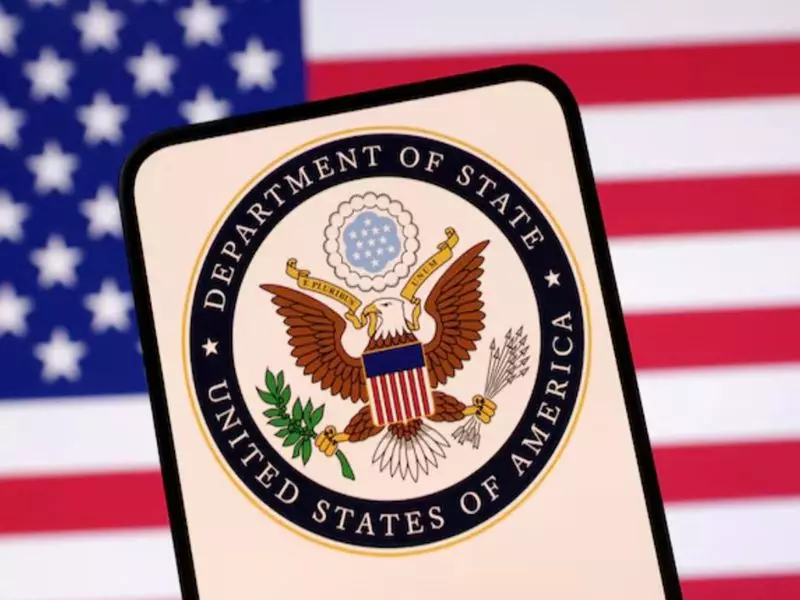
In a dramatic escalation of tensions with international judicial bodies, the United States has launched a scathing attack on the International Court of Justice (ICJ), labelling its recent ruling against Israel as "corrupt." The verbal assault comes after the UN's highest court issued orders demanding Israel take immediate measures to facilitate humanitarian assistance to Gaza.
Washington's Fiery Response to Judicial Intervention
The American administration did not mince words in its criticism of the ICJ's decision. "This represents another corrupt ruling from the ICJ," stated US officials, expressing firm opposition to what they perceive as judicial overreach in international affairs. The strongly worded condemnation underscores the growing rift between Washington and global institutions regarding the Middle East conflict.
The ICJ's Humanitarian Mandate
The International Court of Justice, based in The Hague, had issued a ruling that specifically addressed the dire humanitarian situation in Gaza. The court emphasized the urgent need for basic services and humanitarian assistance to reach the Palestinian population, calling on Israel to ensure the uninterrupted flow of essential supplies.
Deepening Diplomatic Divides
This confrontation highlights the increasingly polarized international response to the Gaza conflict. While many nations have supported the ICJ's efforts to address humanitarian concerns, the US has positioned itself firmly in Israel's corner, challenging the court's authority and impartiality.
The American stance reflects broader concerns about the role of international institutions in resolving complex geopolitical disputes. Washington's characterization of the ruling as "corrupt" suggests a fundamental disagreement with the very foundations of international judicial intervention in such matters.
Implications for Future International Relations
This public denunciation of the UN's principal judicial organ raises significant questions about the future of multilateral diplomacy. The US position could potentially undermine the authority of international courts and complicate efforts to resolve conflicts through established legal frameworks.
As the humanitarian situation in Gaza continues to draw global attention, this clash between American foreign policy and international judicial authority represents a critical juncture in how the international community addresses complex humanitarian crises and enforces international law.





